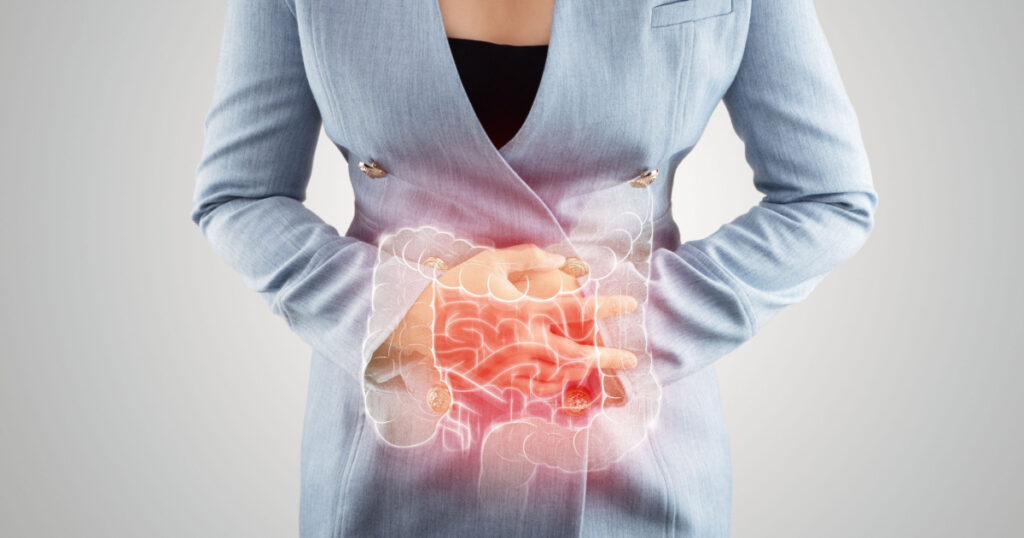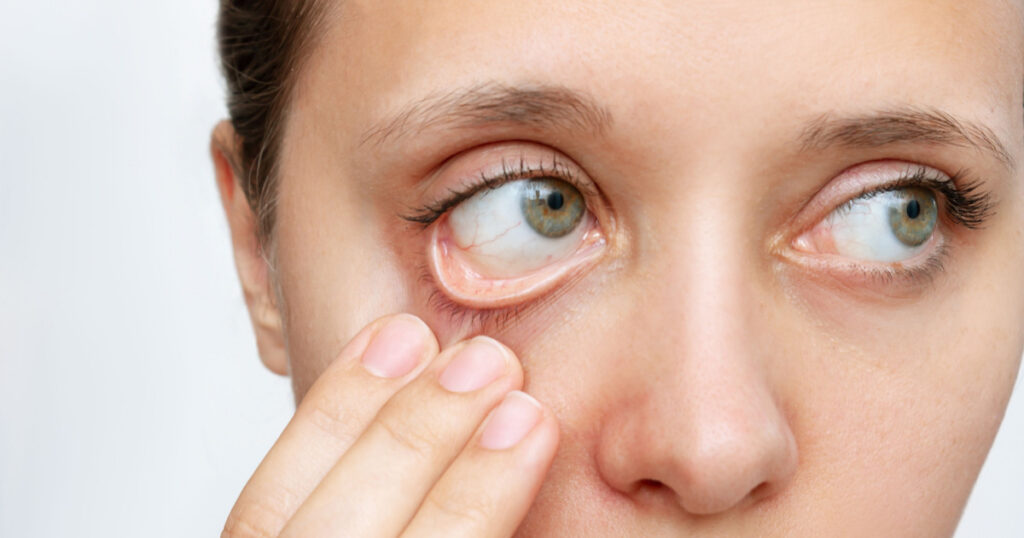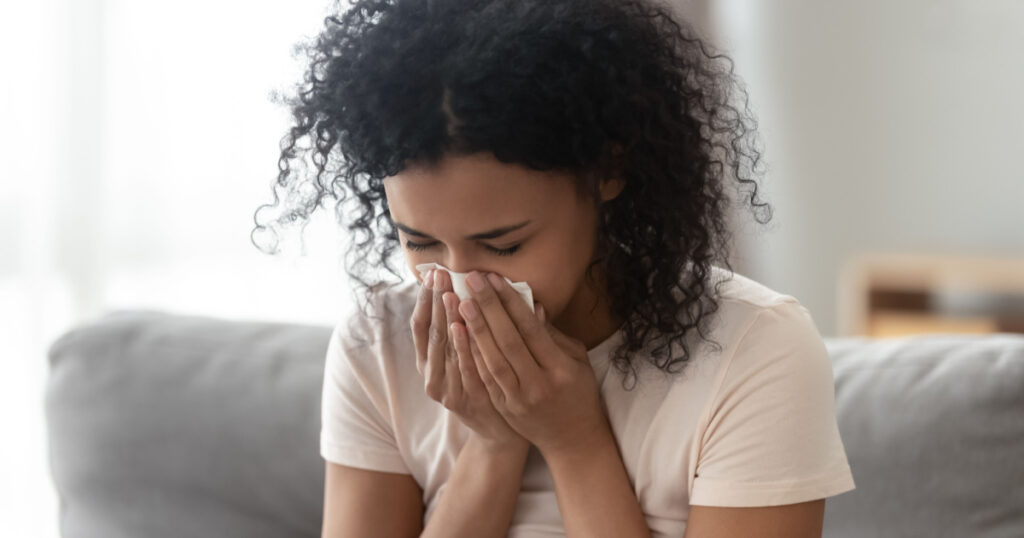7 Signs Of Intestinal Parasites Living Inside Your Body
7 Common Signs You May Have Intestinal Parasites
Intestinal parasites are tiny organisms that can invade your body, often leading to a range of health issues. These parasites are typically spread through contaminated food, water, poor hygiene, or contact with infected individuals. While they can be hard to detect, your body often provides clear signs if parasites are present. Fortunately, there are effective ways to eliminate them once identified.
A parasite is an organism that lives within or on a host, feeding off it to survive. While they are a well-known cause of diarrhea, they can also lead to other symptoms that may go unnoticed. Here are some common signs that suggest you might have intestinal parasites.
1. Digestive Problems

Digestive disturbances are a hallmark symptom of intestinal parasites. These parasites can irritate your intestines, leading to symptoms like bloating, constipation, diarrhea, and stomach pain. Nausea and vomiting may also accompany these digestive issues.
2. Chronic Fatigue

Fatigue and weakness are also common when dealing with intestinal parasites. As parasites consume the nutrients from your food, they deplete your energy stores, leaving you feeling constantly tired, even if you are getting adequate sleep.
3. Skin Issues

Parasites can release toxins into your bloodstream, triggering allergic reactions and skin irritations. These reactions may manifest as rashes, hives, or conditions like rosacea and eczema. If your skin becomes unusually inflamed or itchy, it could be a sign of parasitic infection.
4. Anemia

Another potential consequence of parasitic infection is anemia. Certain parasites feed on your red blood cells, leading to a decrease in their number. As a result, you may feel weak, fatigued, and out of breath, a classic symptom of anemia.
5. Unexplained Weight Loss

If you’re losing weight despite no significant changes to your diet, parasites could be the cause. They steal nutrients from your food, which can lead to weight loss. Some people may feel constantly hungry but still lose weight, as the parasites prevent proper nutrient absorption.
6. Joint Pain

Parasites can also contribute to joint pain. As they release toxins into your system, it can cause inflammation in the joints, leading to pain, stiffness, and swelling. If your joints ache without any apparent reason, this may be a warning sign.
7. Allergic Reactions

Because parasites release toxins into the bloodstream, they can trigger allergic responses. Symptoms may include sneezing, a runny nose, itchy eyes, or other signs of an allergic reaction. These symptoms often appear alongside other signs of parasitic infection.
How Do You Get Parasites?
Parasites can enter your body through several routes. Some of the most common include:
- Eating undercooked meat or fish
- Drinking unclean water
- Swimming in contaminated water sources
- Handling animal waste without washing your hands afterward
- Coming into contact with someone who has an active infection
- Walking barefoot in areas contaminated by parasites
One of the most common ways parasites spread is through intimate contact, especially if your partner has an active infection. However, you’re also at risk if you touch contaminated surfaces or objects and then touch your mouth without washing your hands.
How to Get Rid of Intestinal Parasites
To get rid of intestinal parasites, it’s crucial to identify the specific type of parasite. Most cases can be treated with over-the-counter medications, though some may require prescription drugs or even surgery in more severe cases. Certain dietary changes may also aid in recovery, so it’s always best to consult a healthcare provider for guidance.
Conclusion
Intestinal parasites are a widespread issue that can cause various symptoms, ranging from digestive issues to skin irritations. If you’re experiencing any of the symptoms mentioned, it’s important to consult a healthcare provider to confirm whether parasites are the cause and to receive appropriate treatment. Prevention is key, so maintaining good hygiene and avoiding contaminated food and water is essential to staying parasite-free.